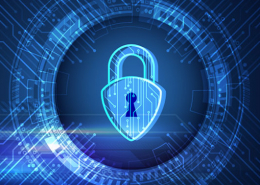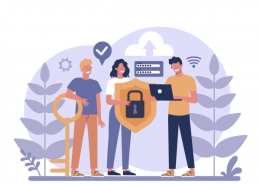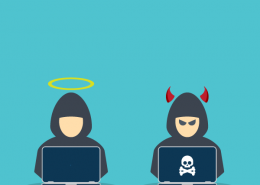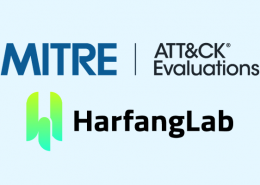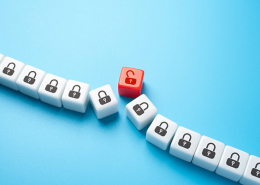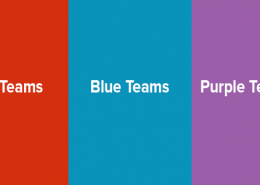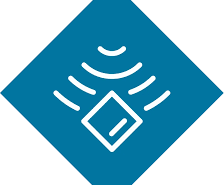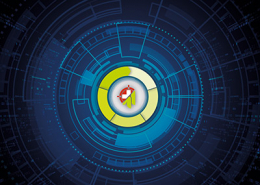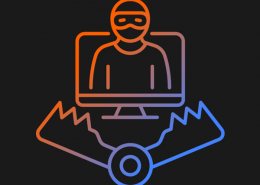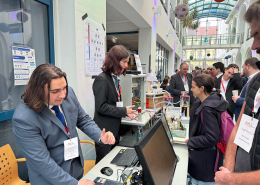 https://www.ikarussecurity.com/wp-content/uploads/2025/03/IMG_2888-1200.jpg
900
1200
IKARUS
https://www.ikarussecurity.com/wp-content/uploads/2025/02/IKARUS-Security-Software-4-1.png
IKARUS2025-03-27 13:29:322025-03-27 13:29:33IKARUS Supports HTL Project FENRIR as Partner and Sponsor
https://www.ikarussecurity.com/wp-content/uploads/2025/03/IMG_2888-1200.jpg
900
1200
IKARUS
https://www.ikarussecurity.com/wp-content/uploads/2025/02/IKARUS-Security-Software-4-1.png
IKARUS2025-03-27 13:29:322025-03-27 13:29:33IKARUS Supports HTL Project FENRIR as Partner and SponsorHome office, homeschooling or distance learning – digitisation has continued to become the focus of our work and education over the past two years. While only the intensity of digital means has increased for some, others are faced with entirely new technologies. Last but not least, our students, who sometimes suddenly sat in front of laptops, smartphones or tablets, took part in video conferences instead of at school.
Scenarios such as zooming or cyber-grooming have become real dangers for many families. But even “classic” risks from infected websites, malvertising, fake webshops or phishing have experienced a new high thanks to poorly protected devices, unprepared systems and insufficiently trained users.
Safer Internet Day and Action Month
The Austrian-wide initiative Saferinternet.at primarily supports children, young people, parents and teachers in the safe use of digital media. “Digital education is an urgent part of our education plan – starting with elementary school”, appeals Joe Pichlmayr, Managing Director of IKARUS Security Software, founding member of the CSA and initiator of the annual Austria Cyber Security Challenge: “IT security is an essential part of IT. Risks range from identity theft to financial security and protection. Losses up to fake news or cyber-bullying. With the appropriate knowledge, a large part of the risks can be significantly reduced!”
With the support of the Federal Ministry of Education, Science and Research, the now 19th Safer Internet Day took place on February 8, 2022. Organisations in more than 100 countries are helping to make the Internet a safer place – especially for children and young people, who often explore the virtual world untrained and unaccompanied. Schools and youth organisations can participate in their own projects in the Safer Internet Action Month in February.
Tips for children, young people and parents
“Enlightenment is the most important way to use the Internet safely”, says Joe Pichlmayr: “Antivirus protection and spam filters are excellent tools. However, they do not protect against wrong decisions made out of ignorance. We need to make our children understand what it means that the Internet never forgets and how quickly data can get into the wrong hands or the wrong hands or that you must not believe everything that is on the Internet.”
Digital skills are multifaceted. They start with your device and by no means stop with knowledge about social platforms. “Children often find their way online faster and easier than their parents. They use programs that we don’t know or hardly know. Therefore, it is crucial not only to introduce rigid rules but also to help children develop digital skills in order to identify and assess risks themselves”, says Joe Pichlmayr. “As parents, take advantage of the opportunity to learn not only with but also from your children!”
Digitisation is still in its infancy, and new technologies, opportunities and risks are constantly coming to us. The points of contact in our daily lives will continue to increase. “This makes it all the more important to have sufficient skills not only for dealing with new ssolutions but also for the safe development of new technologies”, says Joe Pichlmayr: “We urgently need young, talented people to help us shape a secure digital future!”
Young people, parents and teachers can find first steps and tips at https://www.saferinternet.at/. Many questions are answered practically and playfully in Comics, a chain letter chatbot or Quizzes. Clicking through is worth it!
Worth reading:
Here to stay: Tips from the IKARUS Expert for Safe Mobile Working

